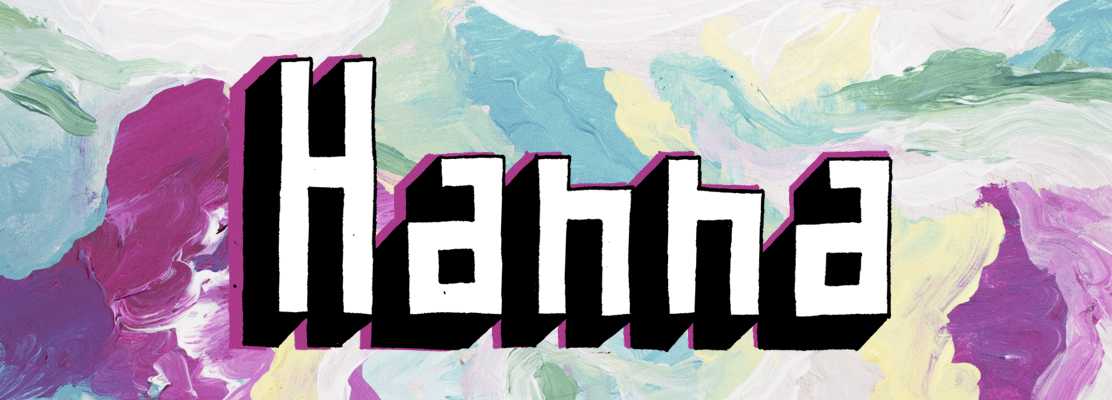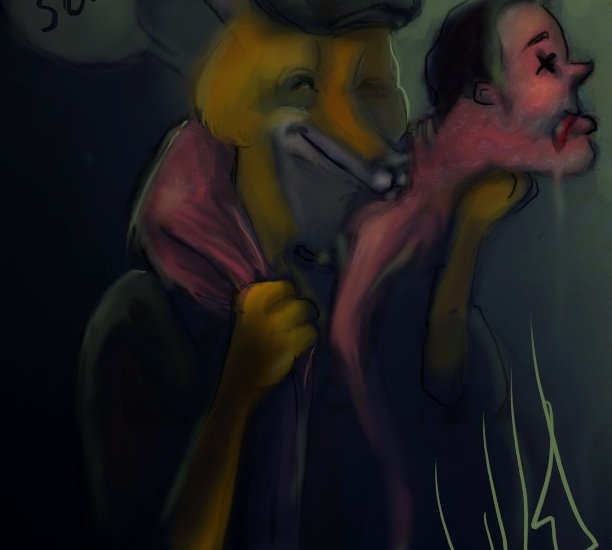The cries to ban fur trading in Europe are growing louder, but the booming voice of industry continues to silence them. In 2010, the EU farmed fur industry was worth EUR1.5bn, creating jobs and stability for Greece, amongst other countries, which is struggling with high unemployment rates and government debt totalling over 175% of GDP.
The primary fur producers in the EU are Denmark, Finland and the Netherlands, with around 55m animals each year (comprising minks, fitches, foxes, finn raccoons and chinchillas) raised and slaughtered on industrial factory farms, for the sole purpose of adorning people’s bodies.
One of the most pressing ethical concerns is the barbaric manner in which fur-farmed animals are killed. The most common method of slaughtering mink, for instance, is to gas them with carbon monoxide, after being placed in ‘killing boxes’. Despite progress in many other areas, there is still no legislation covering animal welfare requirements on fur farms, or the methods used to kill them.
Greece’s fur farm industry appears to be booming, despite the Eurozone crisis. 2009 saw a sharp decline in the value of Greek mink imports, as the financial crisis took hold. However, the industry bottomed out in 2010 and began to steadily regain its popularity, reaching a value of almost $13mn in 2013. With the latest figures (for May 2014) showing Greek unemployment to be around 27%, it’s hard to imagine many people being able to afford such luxury items.
Russia, it seems, is buoying Greek fur exports, although it’s almost impossible to tell how much. Statistics vary wildly, with one source stating that Russia accounts for 29% of all Greek fur exports, while another says it’s 70%. What is clear, however, is that Russia is a key buyer, followed by the UAE.
Kastoria is the international centre of fur trade in Northern Greece, with an estimated 60% of the area’s population directly or indirectly occupied in the fur production sector. The city is on the verge of crisis, however, with fears that the Russian import embargo enacted by President Putin could extend to fur products, thereby crushing Kastoria’s primary industry. In a letter to the Greek Prime Minister Antonis Samaras, Hellenic Association of Furriers (HAF) states that Kastoria’s economy “depends on Russian clients who buy 80% of its production”, adding that “the Greek fur industry cannot afford to stop exporting furs to Russia. Ninety-five percent of the industry’s revenues derive from exports and 80% of exports go to Russia, therefore a possible Russian embargo could have devastating results for Greek fur-products manufacturers.”
Should the Russian trade embargo widen, a sizeable chunk of Greece’s fur industry will be wiped off the map. China and Hong Kong are promising markets, with exports to both countries having grown over the past few years, with the UAE, as mentioned above, already buying a significant portion of fur from Greece. Yet it is the Middle East that is providing the strongest competition, with cheap labour and substantial funding leading to high volumes at low cost, meaning that Greece could be priced out of the market within a few years.
Not only this, but legislation on fur products is snowballing in the EU, with Austria and the UK fully prohibiting the breeding of animals for fur production. With ethical concerns on the rise, an EU-wide ban could be on the cards – potentially killing industry, but saving the lives of millions of animals.
Words: Wendy Davies
Image: Luiz Simoes

